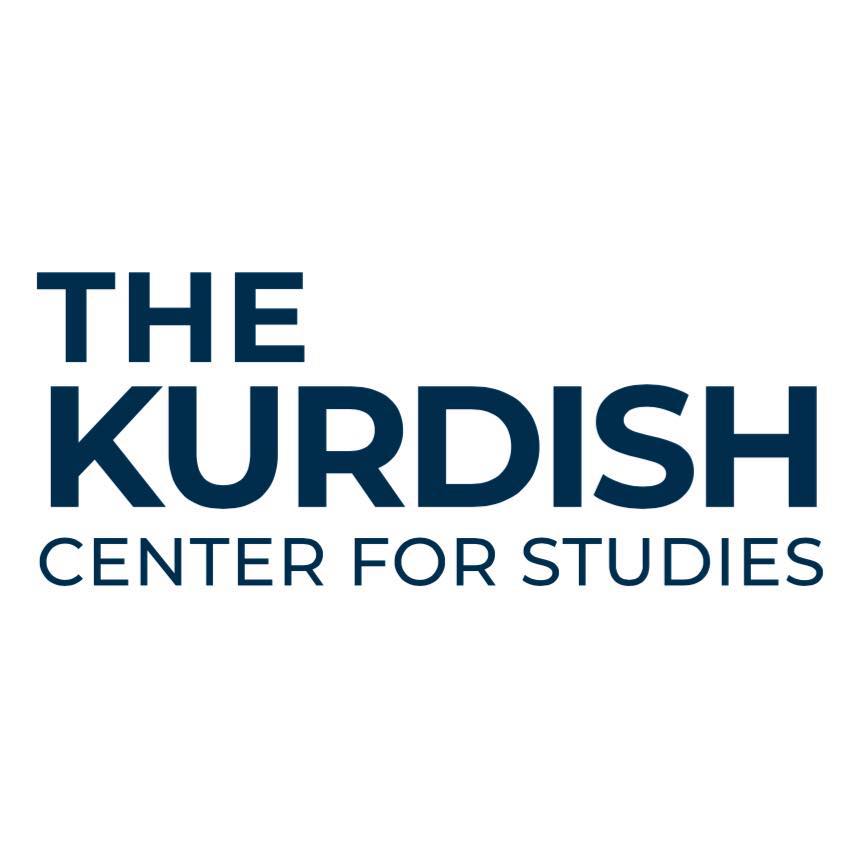The Kurdish Center for Studies participates in the conference commemorating the centenary of Sheikh Said’s uprising and the Azadi Association.
By The Kurdish Center for Studies
Invíted by the organizing committee for the conference titled “The 1925 Uprising: Azadi Association, Sheikh Said, and His Comrades: Memory and Resistance,” the Kurdish Center for Studies participated in the event, which was held in Brussels, the Belgian capital, on June 27-28. The conference was attended by a large number of academics, researchers, and politicians from across Kurdistan.
Kurdish leader Abdullah Öcalan delivered a speech at the conference, commemorating Sheikh Said and his comrades. In his speech, he emphasized the importance of “preserving the sacred legacy of the Kurdish historical leadership,” and addressed the need to connect past events with the present by “drawing structural lessons and re-establishing historical continuity on a path of liberation and democracy.”
The conference was officially opened by Ahmad Karamus, co-chair of the Kurdistan National Congress. This was followed by speeches from Mullah Shawkat Jakar, head of the Kurdistan Islamic Community, and Darwish Farho, head of the Kurdish Institute in Brussels. They discussed the historical significance of Sheikh Said’s uprising and the centenary of the Azadi Association, stressing the importance of scientific research into the details of this uprising, the circumstances surrounding it, its causes, and the oppression faced by the Kurdish people at that time. They also highlighted the repercussions of the uprising for Kurds throughout the region.
Over the course of two days, participants presented various contributions, including diverse analyses of the uprising, the roles of Sheikh Said and Azadi Association, the course of armed struggle, and diplomatic and political activities before and during the uprising. They examined how this pivotal event in Turkish history impacted the broader political landscape in Turkey and the significant influence it had on Kurds in southern, eastern, and western Kurdistan. The discussions also covered the positions of Britain, France, the Soviet Union, and the United States regarding the uprising, focusing on their support for the Turkish government at the time and their neglect of Kurdish interests.
Family members of the leaders involved in Sheikh Said’s uprising also shared testimonies about their relatives. According to Qasim Firat, Sheikh Said’s grandson, efforts are still ongoing to contact Turkish authorities in order to locate the burial sites of Sheikh Said and his comrades, who were executed shortly after their trial.
Shoresh Darwish, a researcher at the Kurdish Center for Studies, presented a paper titled “The Impact of the 1925 Uprising in Syria: Elites, Mobilization, and Social Reorientation.” He discussed the influence of Kurdish political elites and families who migrated to western Kurdistan and Syria after the Turkish crackdown on Sheikh Said’s uprising, and their role in promoting Kurdish enlightenment and cultural revival.
The conference featured the participation of numerous Kurdish researchers and academics, including: Nayef Bazwan, Zozan Pehlivan, Darya Bayar, Jabbar Qadir, Akram Malbat, Kobra Saghir, Salih Jamal, Mahmud Akyürkli, Tahsin Safar, Felat Ozsoy, Seda Altug, Masoud Yaghan, Kemal Subhandag, Matta Kalman, Sedat Ulugana, Azad Haji Agha, Shoresh Darwish, Ibrahim Mallazadeh, Muhammad Bayrak, Merve Fırat, Dalal Aydin, Ömer Güneş, and Salim Temo.




Comments are closed.